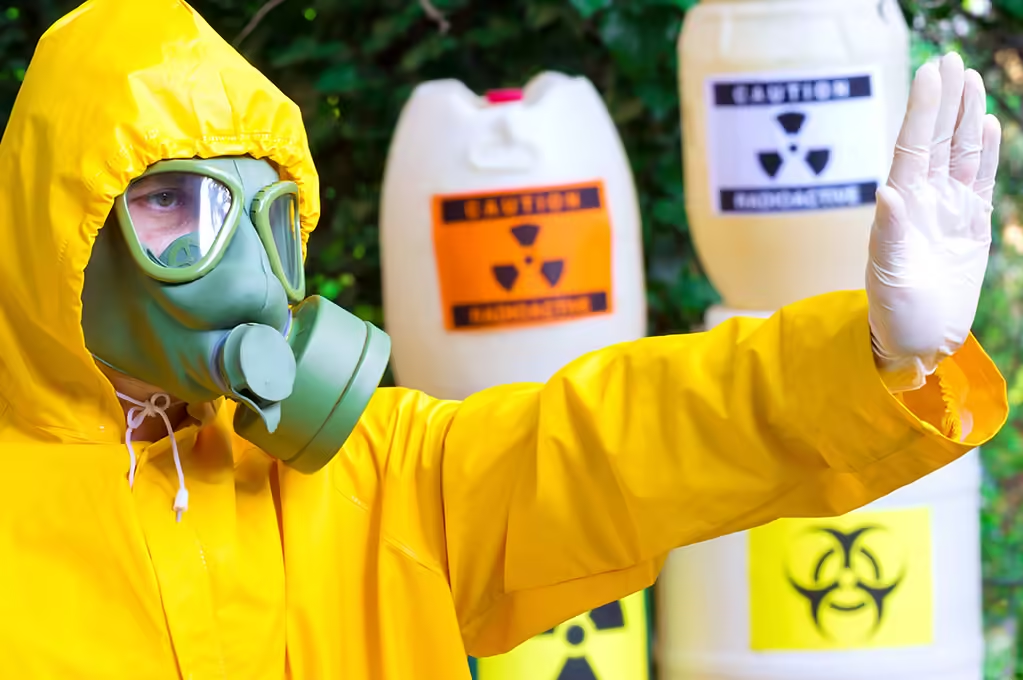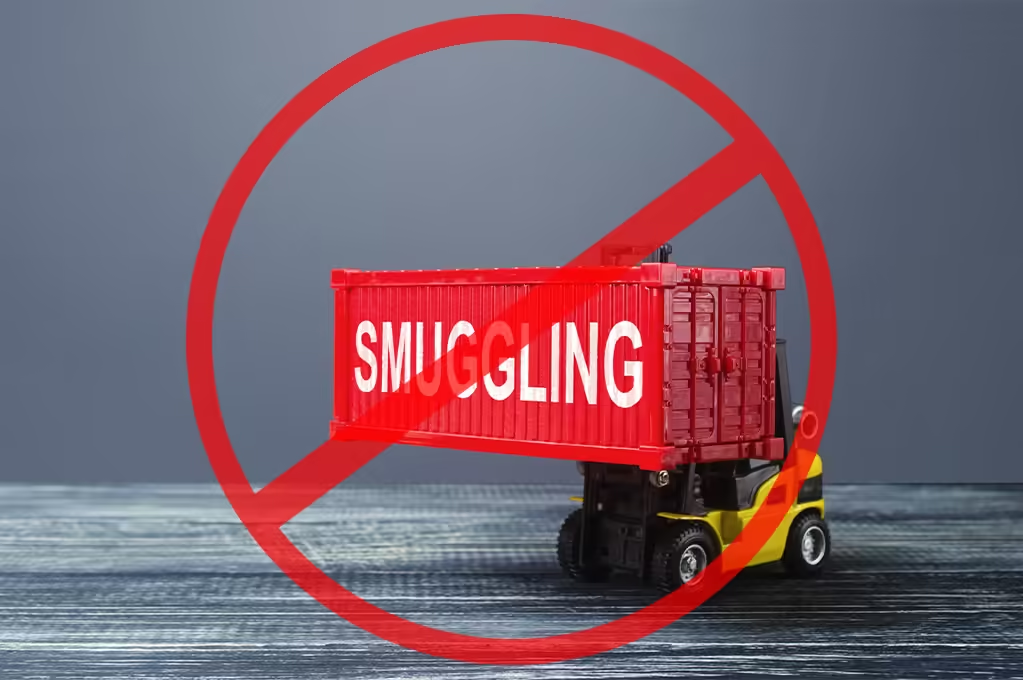Introduce Prohibited Items by Sea through News and Facts
According to reports, at around 4:30 am on August 15th, the Shenzhen Maritime Search and Rescue Center received a report that a large foreign fully loaded container liner docked at Shekou Container Terminal had a container fire on board. The incident, which fortunately did not result in any casualties, serves as a stark reminder of the importance of adhering to strict regulations regarding prohibited items for sea freight. This article takes readers to understand common items subject to maritime embargo and some precautions.

Commonly Prohibited Items for Sea Freight
Explosives and Flammable Substances
One of the primary categories of prohibited items includes explosives and flammable substances. These encompass ammunition, fireworks, and various types of fuels, all of which present significant risks during transport due to their potential to ignite or explode. For instance, ammunition can react violently when exposed to heat or impact, making it particularly hazardous in confined spaces such as container ships.
The incident at Shekou Container Terminal underscores the importance of implementing stringent checks and balances to prevent such materials from being improperly packed or labeled. This incident serves as a stark reminder of the potential dangers involved and emphasizes the need for rigorous safety measures to ensure the safe handling and transport of hazardous materials.
Chemicals and Toxins
Chemicals and toxins represent a category of goods that often require specialized handling and may not be suitable for sea transport. Substances such as pesticides, corrosive acids, and biological agents pose significant risks due to their potential to cause severe environmental damage if they leak or spill during transit.

It is crucial for shipping companies to verify the contents of each shipment and ensure that all hazardous materials are properly declared and packaged according to international standards. This careful approach helps prevent accidents and ensures compliance with safety regulations.
Radioactive Materials
Radioactive materials, including medical and industrial isotopes, are subject to tight regulations and require special permission for transport. The risk of radiation exposure during shipping makes strict compliance with safety guidelines imperative.
The recent container fire highlights the potential dangers of improper handling of such sensitive cargo. This incident serves as a stark reminder of the importance of adhering to rigorous safety protocols to prevent accidents and ensure the safe transport of radioactive materials.
Ensuring Compliance and Safety
Pre-Shipment Inspections
To prevent incidents like the one at Shekou Container Terminal, pre-shipment inspections are essential. These inspections involve checking the contents of containers to ensure that no prohibited items are included. This process helps to identify and remove any hazardous materials that may have been inadvertently packed.

Training and Awareness Programs
Training and awareness programs for both shippers and carriers are vital components of ensuring safety at sea. Such programs should cover the identification and handling of prohibited items, as well as the consequences of non-compliance. By educating those involved in the supply chain, the likelihood of accidents can be significantly reduced.
International Regulations and Guidelines
International organizations such as the International Maritime Organization (IMO) set comprehensive guidelines for the safe transportation of goods by sea. These guidelines include detailed lists of prohibited items, as well as procedures for reporting and responding to emergencies. Adherence to these regulations is mandatory for all shipping operations.
The Shekou Container Terminal incident clearly demonstrates that there is still room for improvement in the implementation of maritime safety measures. It is crucial for all stakeholders to work together to strengthen security protocols and ensure that only compliant and safe goods are transported. By doing so, we can prevent future accidents, reduce customer losses, and protect the lives of crew members and the environment.

